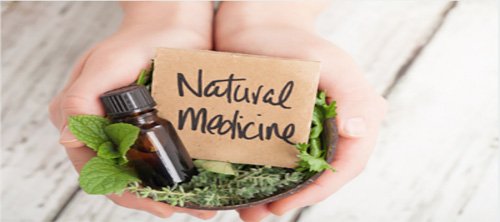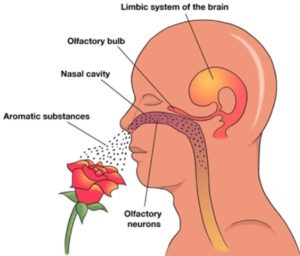What is Oedema?
For those of you who have Oedema, there is no need for introduction, I’m sure! But for other people who are unsure if this is the issue they have then I will explain:
Oedema is a build-up of fluid in the body. This build-up can occur in several parts of the body, including the skin, feet, hands, legs, breasts and even the face.
Normally fluids frequently leak out of the smaller blood vessels into the tissues, which the lymph system is able to flush back to the bloodstream but with this condition, it is unable to do so.
Therefore the excess fluid in the tissues becomes very uncomfortable and can make using the limbs affected very difficult and painful indeed.
Essential oils will help reduce the fluid build-up in the body.
Symptoms of Oedema
- Swelling of parts of the body (most often the feet, hands and legs)
- Aching where the swelling is taking place
- Stiff or sore joints
- Weight gain
- Weight fluctuations (weight gain by night time, back to normal in the morning)
Swelling of the lower legs and ankles seems to occur mostly after standing for a long period of time or even sitting in the same position (like on a plane trip) for extended periods of time. This is because of increased pressure on the veins.
Physical Causes
- Standing/sitting for long periods resulting in “pooling” of the fluids around the ankles and lower legs
- Heat – during hot weather the body is less able to remove fluids
- Menstrual Cycle
- Pregnancy
- Overuse of salt
- Medications
- Weakened blood vessels
Disease Causes
- Heart disease. If the heart is impaired the fluid starts to accumulate in the body tissues.
- Liver disease
- Kidney disease
- Lung disease. Emphysema can cause pressure on the heart leading to heart disease
- Thyroid disease like Hypothyroidism
- Lymphatic system dysfunction
- Arthritis can cause fluid to build up around the joints
If you have severe or persistent symptoms it is best to see a doctor to rule out serious diseases. Once diagnosed essential oils for Oedema can be safely and effectively used.
Types
Idiopathic
This form has no known cause and is most frequent in women, particularly as they age. It is not serious but can be very uncomfortable.
Pulmonary
This is fluid retention of the lungs. It makes it difficult to breathe. This form of fluid retention often follows a heart attack as the heart is less efficient at sending blood around the body and with the increased pressure in the veins fluid is pushed into the lungs.
Angio
Swelling increases in the lower layers of the skin. There seems to no cause for this form of fluid retention. However, it is often a result of immune disorders, including allergies.







